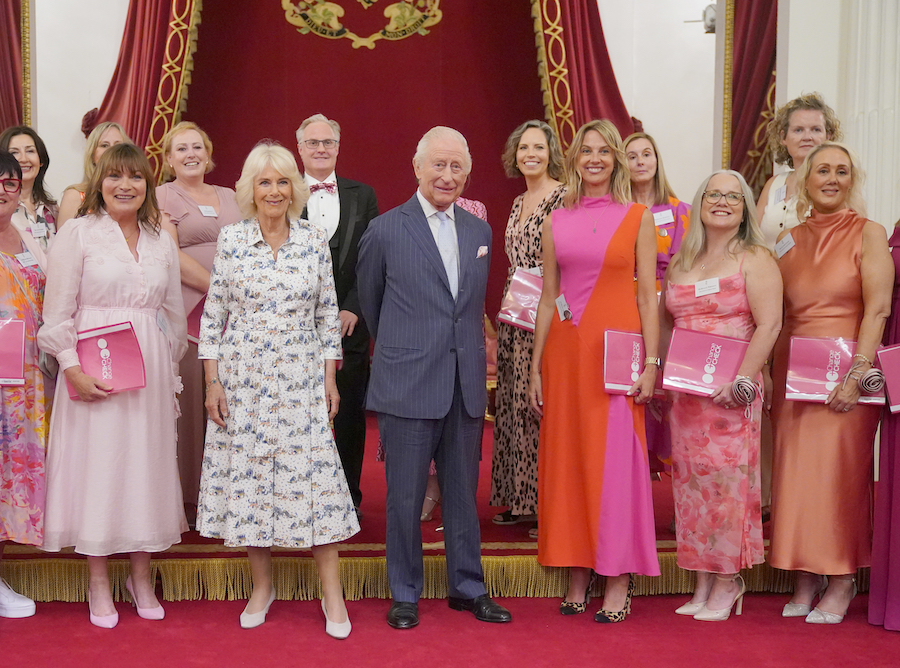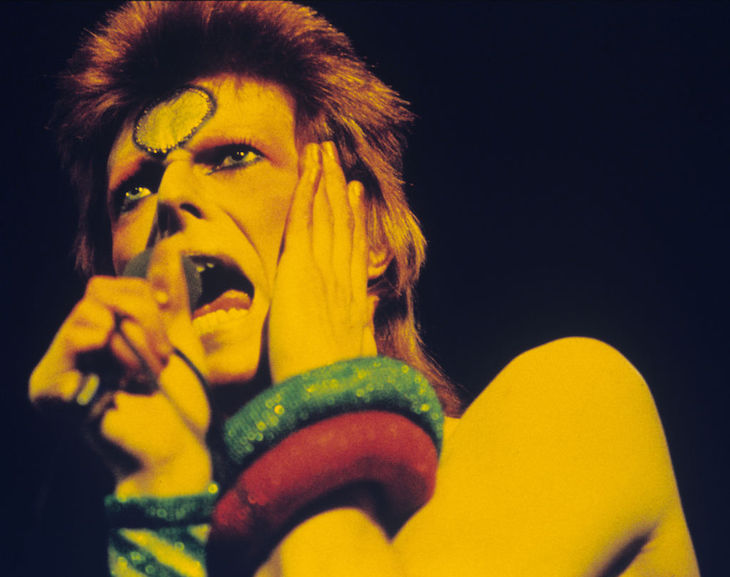While the world continues to laugh (and, on occasion, groan) at the antics of the Duchess of Sussex, there remains a more serious ongoing issue at the heart of the royal family: the King’s health. As his treatment for cancer stretches on into its second year, with no clear end point in sight, he hosted a reception at Buckingham Palace yesterday for those who work with cancer patients and their families. This is, regrettably but obviously, a subject that he knows a great deal about, but it was still salutary to see how personal and emotive his words on the subject have been. In a booklet that was handed out on the night, Charles wrote:
Each diagnosis, each new case, will be a daunting and at times frightening experience for those individuals and their loved ones. But as one among those statistics myself, I can vouch for the fact that it can also be an experience that brings into sharp focus the very best of humanity.
He went on to say that:
It has certainly given me an even deeper appreciation of the extraordinary work undertaken by the remarkable organisations and individuals gathered here this evening, many of whom I have known, visited and supported over the years. And it has reinforced what I have long observed during these visits – that the darkest moments of illness can be illuminated by the greatest compassion.
The message was described by courtiers as ‘deeply personal’, and there can be no doubt at all that the King’s diagnosis and subsequent treatment have been the defining event of his reign so far. He has dealt with the gruelling and, at times, unpleasant course of care with good humour and impressive energy for a man in his late seventies, getting back to work at the first chance that he could and going on as many state visits and overseas tours as he can, given the circumstances.
Charles is, as everyone around him would attest, a proud and bloody-minded figure who is used to getting his own way, but he is acting in a fashion that he believes benefits his country and those around him: a belief in duty that he inherited from his late mother, the Queen. His illness, therefore, may be something to contend with, but it has also given him a determination to fight it, and to overcome it.
The King explicitly alluded to the cancer campaigner and ‘Bowel Babe’ Deborah James, who died of bowel cancer in 2022, but not before she managed to bring the condition to many more people’s attention than would have known about it otherwise. At first glance, a 40-year old teacher turned campaigner and podcaster and the King might seem to have relatively little in common, but it is a mark of the cruel egalitarianism of cancer that it touches all society alike. James died a heroine, and so it was a fitting tribute to her that the King cited her maxim that one should ‘find a life worth enjoying; take risks; love deeply; have no regrets; and always, always have rebellious hope’.
‘Rebellious hope’ is a good way of describing a monarch who is not content with smiling and waving, but sees himself as an interventionist, active figure, always willing to disrupt the status quo in search of the greater good. In the past, this might have led to controversy and discontent, but in this instance, nobody could doubt both the King’s sincerity and his wish to, confronted with a dreadful situation, use it to find the value in helping others. That, undoubtedly, is something for which he should be commended.







Comments